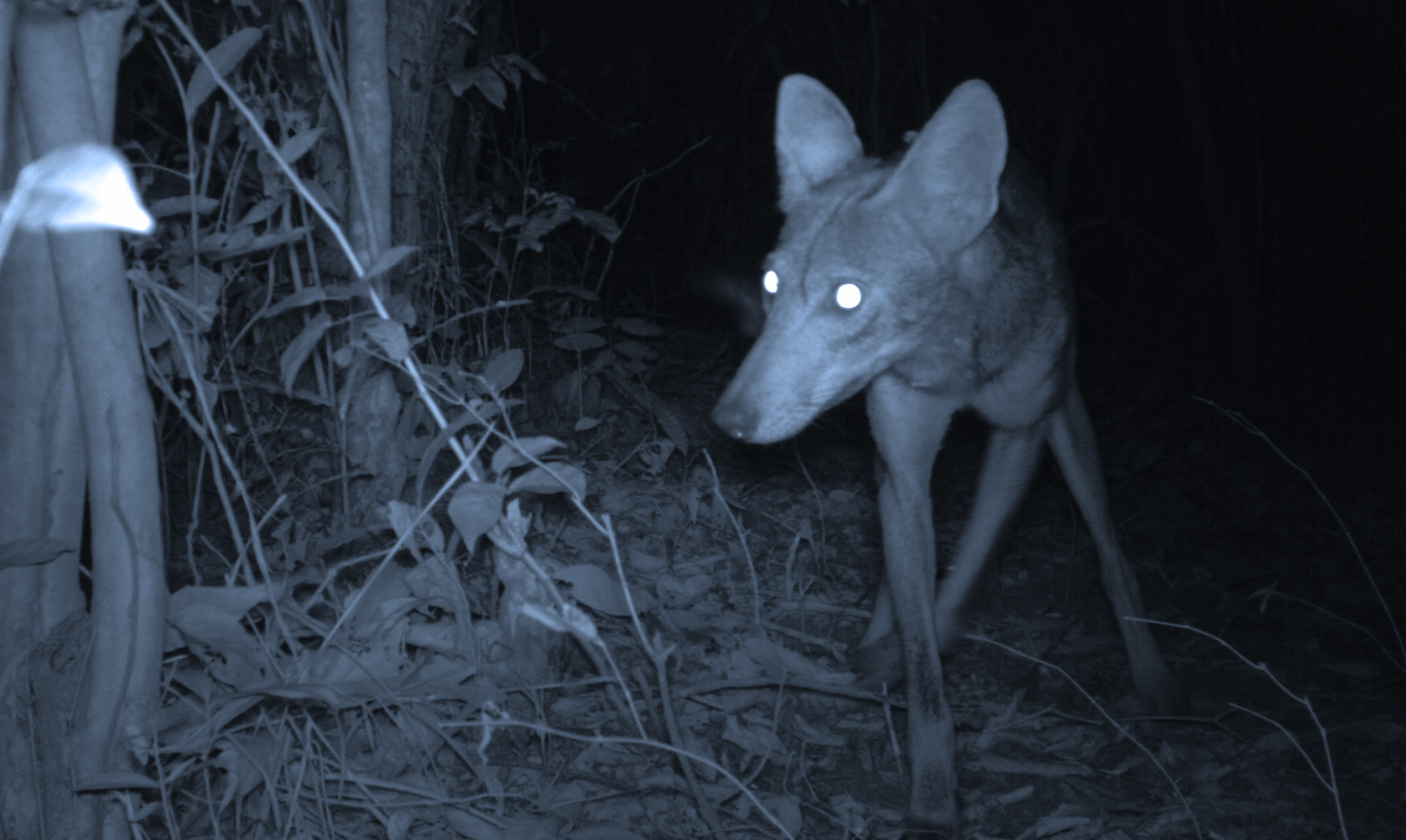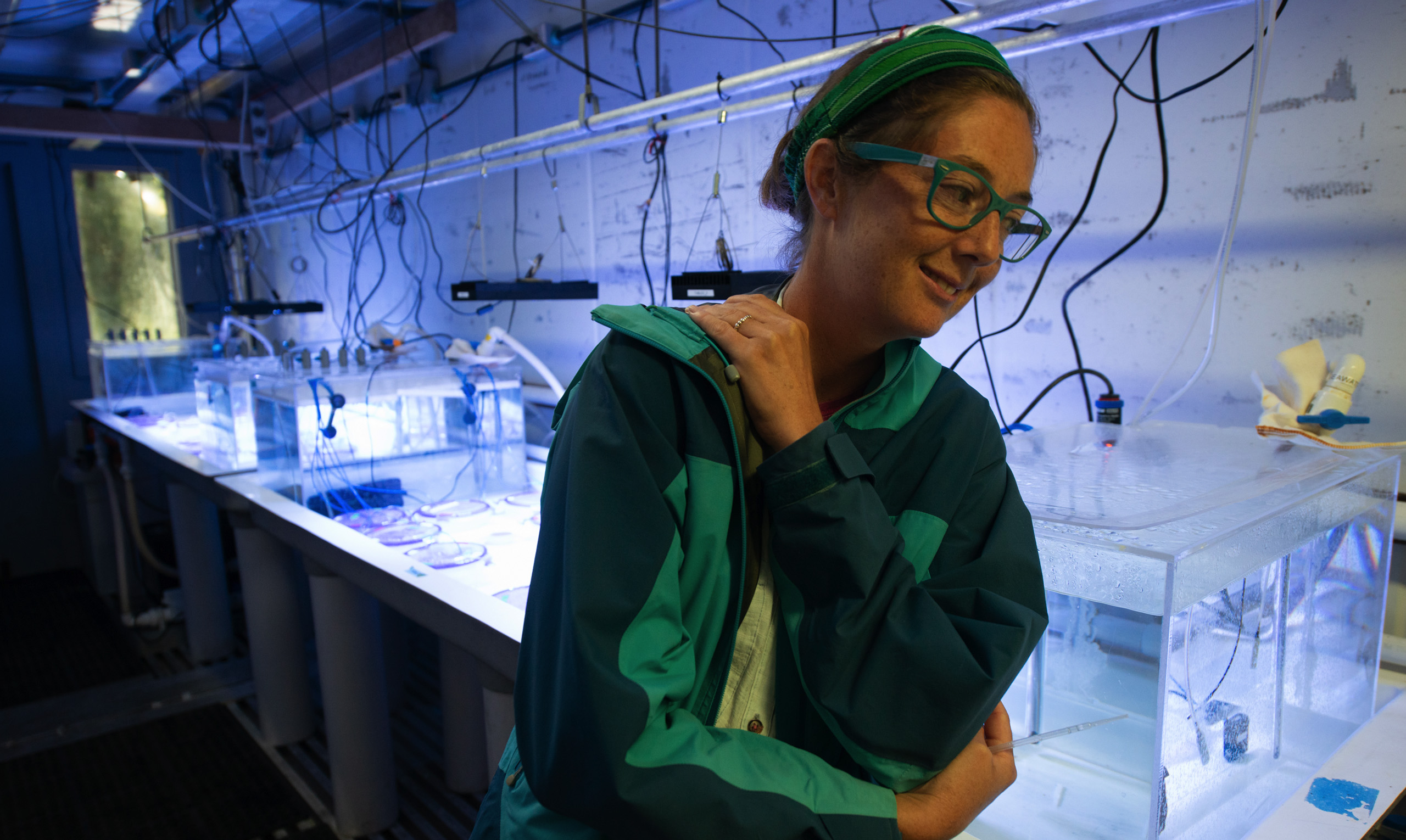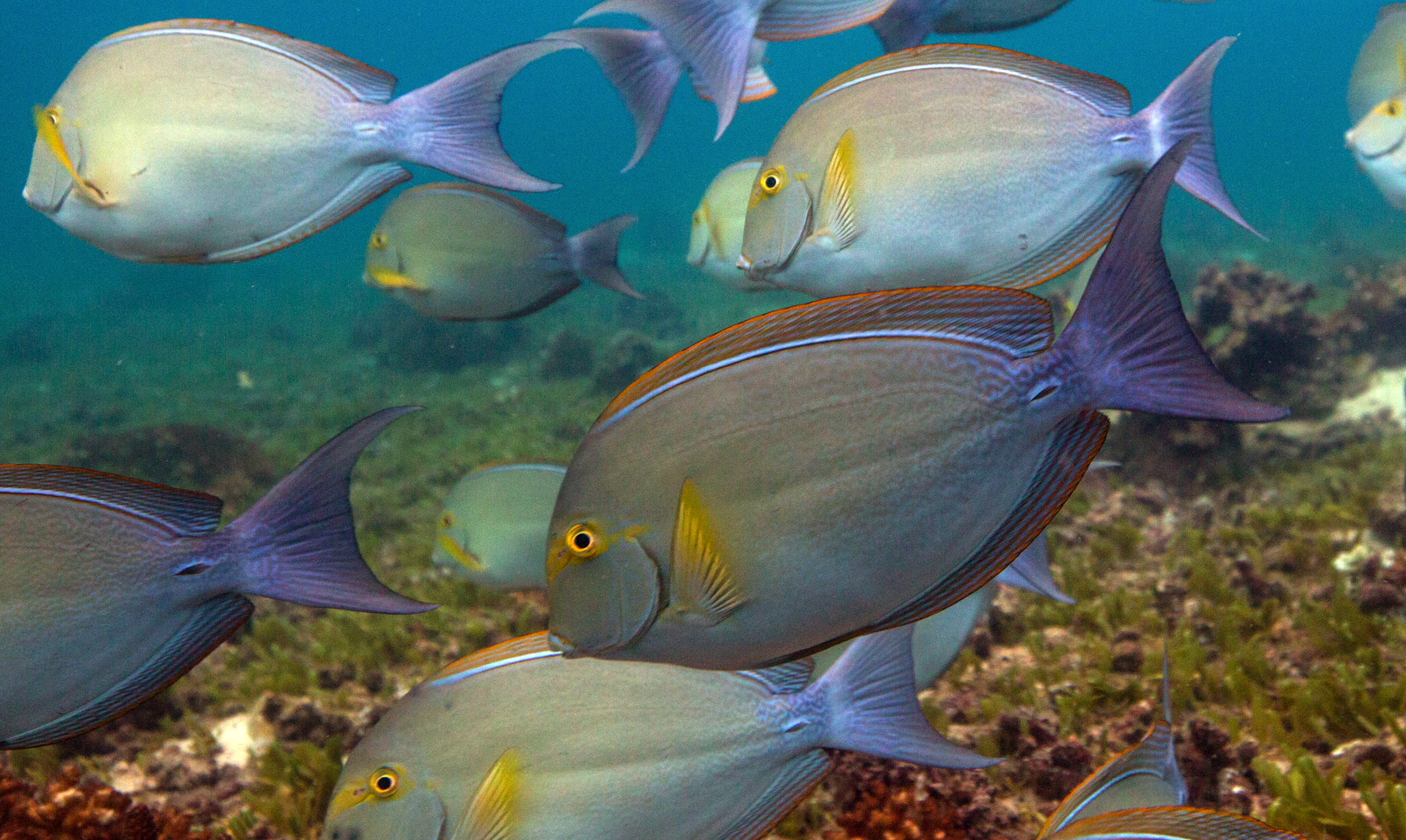Confined
Isolation led white-faced
capuchin monkeys
into the Stone Age
After 14 thousand years of living in confinement and without the threat of predators, the white-faced capuchin monkeys on the Coiba National Park islands have begun to exhibit behaviors that have not been recorded in the mainland populations. For example, they are highly terrestrial and have learned to use stones as tools. Listen to doctoral student in animal behavior and former STRI fellow, Claudio Monteza, tell us this story.
Story location
Coiba
Animal Behavior Ecosystem Ecology Evolutionary Ecology Origins of Species and Societies Coibita Island blue
blue


















